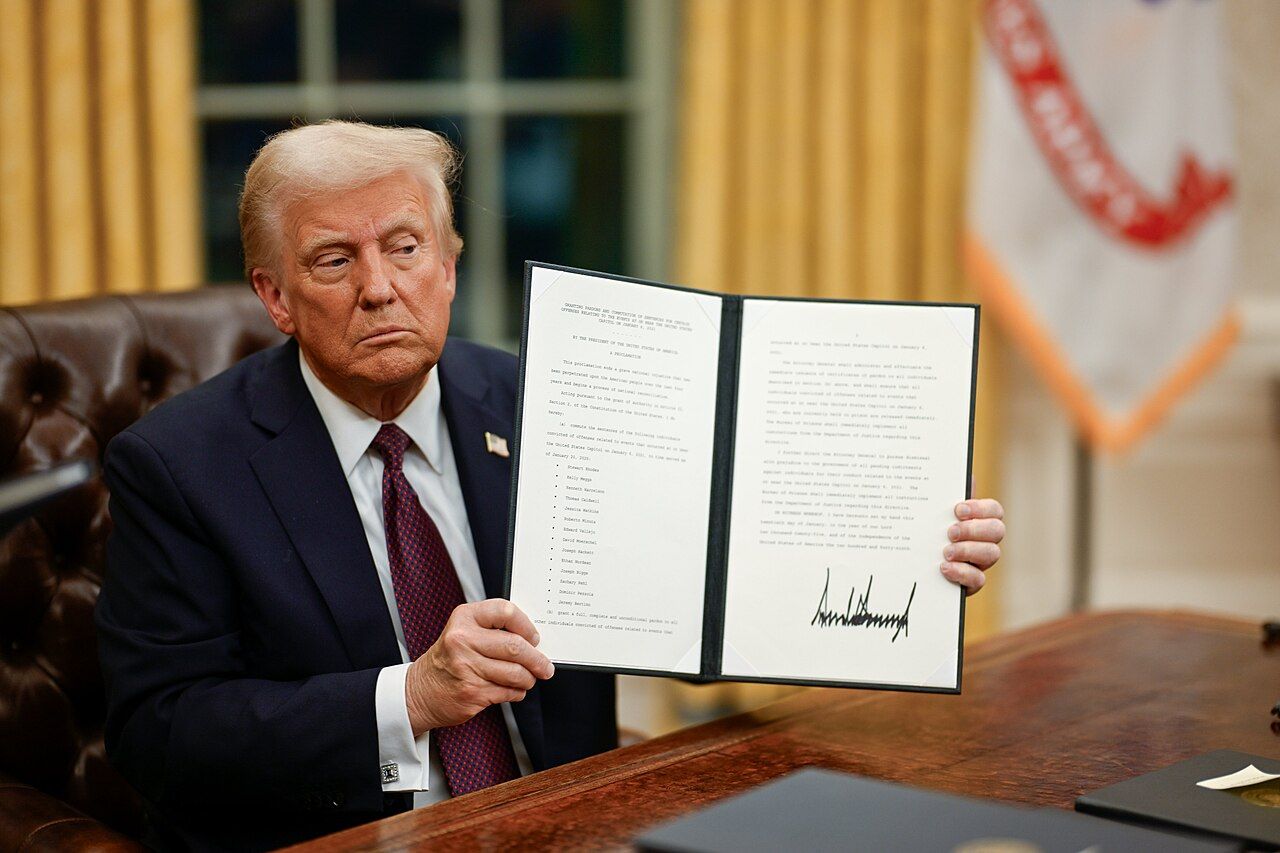
A profound shift is underway in the global e-commerce landscape, one that promises to fundamentally alter how millions of American consumers interact with popular online retailers like Shein and Temu. President Donald Trump, through an executive order signed on Wednesday, July 30, has moved to suspend a long-standing global trade loophole, effectively closing a significant backdoor that allowed smaller parcels to enter the United States duty-free.
This executive action, which takes effect on August 29, eliminates the so-called “de minimis exemption.” This exemption previously permitted duty-free shipments of goods valued at $800 or less into the United States, a provision extensively utilized by giant e-commerce sites for shipping hundreds of millions of packages to American consumers.
The administration had already done away with this exemption for goods originating from China and Hong Kong in May, amidst escalating US-China trade tensions. This latest, more sweeping move, extends the suspension to packages from every country around the world, ensuring a more uniform application of customs duties across international imports.
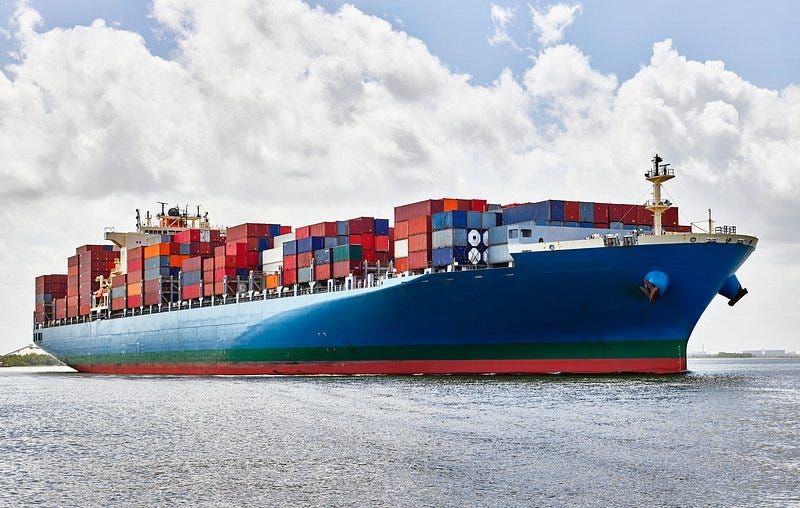
For companies that have built their business models around low-cost, direct-to-consumer international shipping, this policy change represents a substantial challenge. Retailers such as Shein and Temu, which have become household names for their heavily discounted apparel and diverse product offerings, now face a landscape where the cost of doing business internationally will inevitably climb.
Understanding the “de minimis” rule is crucial to grasping the magnitude of this change. Established as part of the Tariff Act of 1930, the de minimis value was initially set at $200. In 2016, Congress raised this threshold to $800, intending to simplify customs processes for low-value items and reduce administrative burdens. However, this adjustment inadvertently created a major conduit for high-volume, low-value imports.
The sheer volume of packages entering the U.S. under this exemption has been staggering. U.S. Customs and Border Protection (CBP) previously reported processing “nearly 4 million duty-free de minimis shipments a day.” Over the last fiscal year alone, CBP stated that 1.36 billion packages arrived in the United States under this exemption, with research indicating that a significant majority, reportedly over half and close to 70%, of those shipments originated from China and Hong Kong.
Product on Amazon: Heavily Medicated T-Shirt
Brand: Brand: Heavily Medicated
Price: 13.99 USD
Rating: 5 Total reviews: 1
Shopping on Amazon >>

This system allowed companies like Shein and Temu to bypass traditional warehousing, distribution, and, critically, import duties, enabling them to offer extremely competitive prices. Their business models, characterized by “on-demand production” and “direct manufacturer shipping” from China, were synergistically amplified by the de minimis rule.
Shein, for instance, employs an on-demand production model, manufacturing items in small batches to minimize costs associated with unsold inventory and respond swiftly to fashion trends without significant financial risk. Temu, while claiming stringent quality control, also operates with a similar model, aligning production closely with consumer demand.
The direct-to-consumer shipping from manufacturers in China to American buyers drastically reduced overhead and logistics expenses by circumventing traditional supply chains that typically involve U.S.-based warehouses and distributors. This efficiency, combined with potentially lower labor costs in manufacturing, allowed for the deeply discounted prices that captivated millions of shoppers.
Product on Amazon: Asperger Syndrome Explained: How to Understand and Communicate When Someone You Love Has Asperger’s Syndrome
Brand: Audible
Binding: Audible Audiobook Product Group: Audible
Price: 6.08 USD
Rating: 4.0 Total reviews: 228
Shopping on Amazon >>

However, these aggressive pricing strategies have not always translated into profitability for all players. Temu, despite its rapidly growing consumer demand, has reportedly operated at a loss, with projections suggesting a $3.65 billion operating loss for the year on $13 billion in global sales. Shein, specializing in fast fashion under its own brand, has achieved profitability, reporting $22.7 billion in sales last year.
The Trump administration’s rationale for suspending the de minimis exemption extends beyond economic concerns, encompassing national security implications. President Trump stated in his executive order that “many shippers go to great lengths to evade law enforcement and hide illicit substances in imports that go through international commerce.”
He further elaborated that the risk of “evasion, deception, and illicit-drug importation is particularly high for low-value articles that have been eligible for duty-free de minimis treatment.” This concern specifically cited the alleged proliferation of fentanyl and other synthetic opioids through these small-value shipments, often disguised through false labels or deceptive packaging.
Product on Amazon: Fashionopolis: Why What We Wear Matters
Price: 13.71 USD
Rating: 4.6 Total reviews: 583
Shopping on Amazon >>

For years, lawmakers and agencies, including both the Biden and Trump administrations, had sounded alarms over lost tariff revenue, the influx of counterfeit goods, and the smuggling of illicit drugs. The substantial increase in Chinese e-commerce exports, which soared from $5.3 billion in 2018 to $66 billion in 2023, largely driven by platforms like Shein and Temu, intensified these concerns.
With the loophole now set to close globally, the previously available option of re-routing small shipments duty-free through countries like Vietnam, which faces a tariff rate of 20%, is no longer viable. The executive order also mandates that the origin of every package must be explicitly declared to US Customs and Border Protection (CBP), adding another layer of compliance.
The most immediate and direct impact of this policy shift will be felt by American consumers. When Trump’s executive order goes into effect on August 29, most goods shipped internationally will be subject to the tariffs of the country of origin. These duties are structured to impose significant costs, ranging from about $80 per item for a country with a tariff rate less than 16%, to $160 per item for a tariff rate between 16% and 25%, and a substantial $200 per item for a country with a tariff rate above 25%.
Product on Amazon: iGENJUN Workout Tops for Women Racerback Basic Tank Summer 2025 Camisole V Neck Slim Fit Ribbed Sleeveless
Brand: Visit the iGENJUN Store
Price: 8.48 USD
Rating: 4.3 Total reviews: 2204
Shopping on Amazon >>
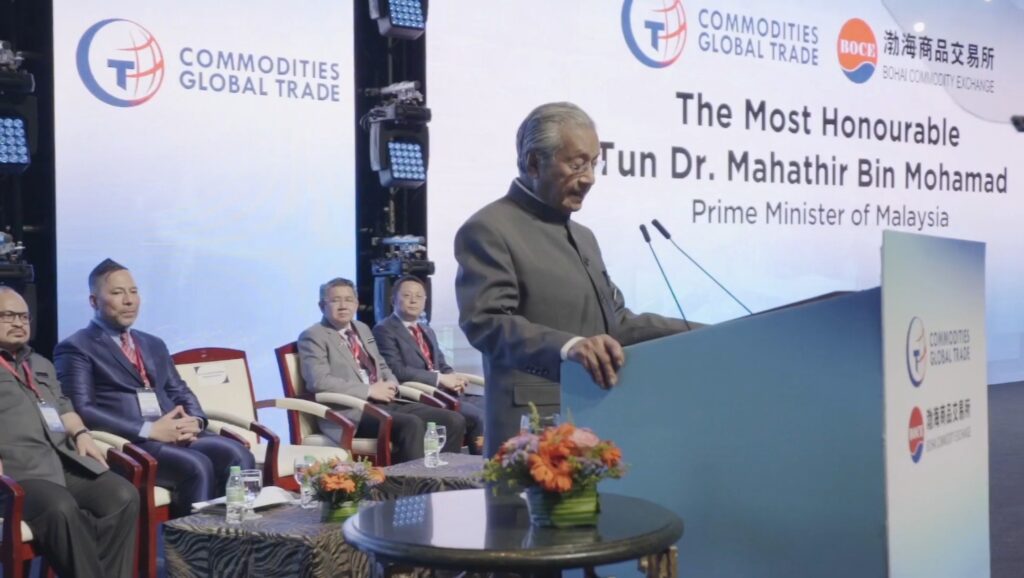
While companies may absorb some of these costs initially, a portion is likely to be passed down to consumers. This prospect is particularly concerning for lower-income households, who stand to suffer the most from higher prices on Chinese e-commerce sites. Research from UCLA and Yale economists in February indicated that approximately 48% of de minimis packages were shipped to America’s poorest zip codes, compared to 22% delivered to the richest ones, highlighting the demographic most reliant on these platforms for affordable goods.
Evidence of impending price increases is already emerging. Even before the full global suspension takes effect, some American buyers on Temu have reported higher prices and items quickly going out of stock after the de minimis exemption expired for China in early May. For example, a cart of 10 items from Temu totaling $275.03, including international freight and sales tax, saw an additional $343.26 tacked on in import charges at checkout, bringing the total to $628.49.
Shoppers on Shein have also observed early price adjustments. Lindsay Olive of Atlanta, a regular Shein customer, noticed price hikes on summer dresses she had in her cart last week, with a $10.88 blue dress increasing to $13.88 and a $11.29 floral dress jumping to $15.43. These charges are appearing proactively because orders placed now will cross the border after the exemption ends.
Product on Amazon: Good Cook, Skewers Bamboo 12 Inch
Brand: Visit the GoodCook Store
Price: 5.03 USD
Rating: 4.7 Total reviews: 3039
Material: Bamboo
Color: Brown
Item Length: 12 Inches
Item Weight: 0.8 Ounces
Shopping on Amazon >>

Beyond direct consumer costs, the operational implications for companies are considerable. Temu and Shein had already begun stockpiling goods and bulk-shipping to U.S. warehouses in an attempt to lower shipping times. This strategy, however, now faces a major hurdle: companies will have to pay hefty import taxes even if they ship in bulk, as the global suspension eliminates the former “workaround” of duty-free shipments.
Chris Tang, a professor of global supply chain management at the University of California, Los Angeles, told CNN that by suspending the whole world, “there is no other workaround.” This means companies will eventually need to restock their warehouses under these new cost structures, which will inevitably filter down to the customer.
The suspension of de minimis will also affect millions of sellers on Amazon Haul, a discount competitor to Temu and TikTok Shop that ships directly from China. An Amazon spokesperson affirmed the company’s commitment to offering “the lowest prices across the widest selection of products” and to “continue to meet or beat prices versus other retailers across the vast selection of products,” though specifics on how this will be achieved under the new rules remain to be seen for Amazon Haul.
Product on Amazon: Duck Brand Small Bubble Cushioning Wrap for Moving & Shipping – 175 FT Bubble Packing Wrap for Extra Protection Packaging Boxes & Mailers – Clear Bubble Roll Moving Supplies, Perforated Every 12 IN
Brand: Visit the Duck Store
Price: 26.99 USD
Rating: 4.7 Total reviews: 35067
Material: Nylon
Product Dimensions: 2100″L x 12″W
Color: Clear
Item Weight: 2.6 Pounds
Shopping on Amazon >>

Compounding these domestic impacts, the new policy is set to have significant effects on the air freight industry. Air cargo prices from China to the U.S. are already on the rise, diverging from global trends of declining rates, driven largely by the intensifying demand from Chinese e-commerce retailers like Shein and Temu. These companies ship vast quantities of goods directly from Chinese factories to U.S. consumers, particularly during what is typically the off-peak season.
This surge in demand, responsible for nearly 600,000 packages per day entering the U.S. from Shein and Temu, is causing shortages in air cargo capacity. This situation is particularly concerning as the industry anticipates even greater challenges during the fourth quarter, traditionally the busiest season for shipping. In response, carriers like Atlas Air and Chinese freight forwarder YunExpress have already increased flights between the two countries.
The situation is further complicated by geopolitical tensions and the avoidance of Russian airspace, which has reduced the number of available passenger flights between the U.S. and China. These passenger flights typically carry significant cargo. Currently, passenger flight capacity between these countries is only at 22% of pre-pandemic levels, and despite some increases, it is unlikely to significantly alleviate the cargo capacity crunch.
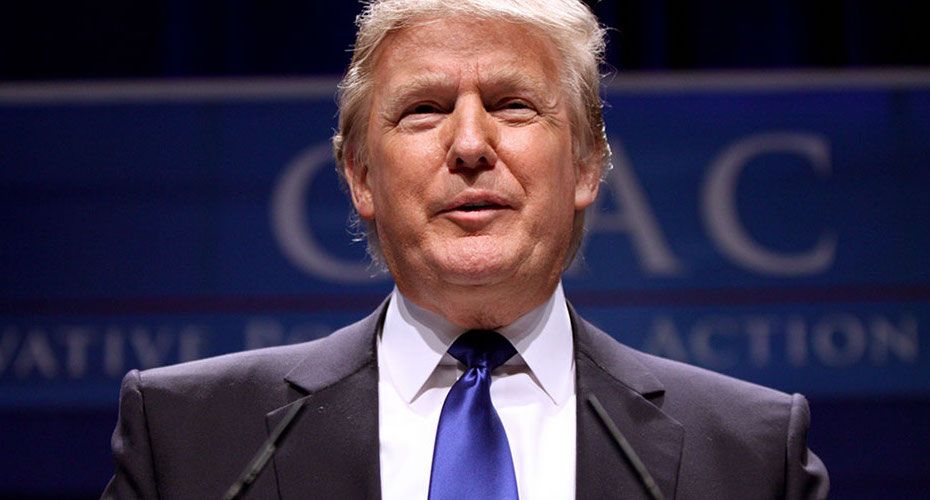
The Trump administration had taken prior steps to address the de minimis issue, even before this global suspension. In May, it had slashed the tariff on cheap packages from China from 120% to 54%, and also established a $100 flat-fee option for those goods. A federal trade court this week declined to block Trump’s elimination of the de minimis exemption on goods from China, noting that the issue is already covered in a broader case challenging Trump’s tariff policies.
It is worth noting that the de minimis rule was already slated for a worldwide repeal in July 2027, as part of Trump’s broader “Big Beautiful Bill.” This earlier legislative plan even established a civil penalty of up to $10,000 for more than one violation of the rule. However, the executive order accelerates this timeline significantly, ensuring American consumers and manufacturers will not have to wait longer.
This executive order culminates years of bipartisan efforts to reform the de minimis system. In May, Senators Sheldon Whitehouse (D-R.I.) and Lindsey Graham (R-S.C.) introduced the Closing the De Minimis Loophole Act, a bill previously introduced in the House by Representative Linda Sánchez (D-Calif.). The Alliance for American Manufacturing (AAM) and a coalition of retail, law enforcement, and other trade groups had actively called for an immediate end to the loophole.
Scott Paul, President of AAM, lauded the executive order, stating, “Bad actors have long abused America’s own policy to gain an outrageous advantage over American manufacturers.” He emphasized the hidden costs, asserting that “There’s a terrible cost hidden behind these cheap wares, and it’s paid by the men and women on the factory floors both here and abroad,” and that “The de minimis exemption invites importers and shippers to cheat the system and exploit workers.”
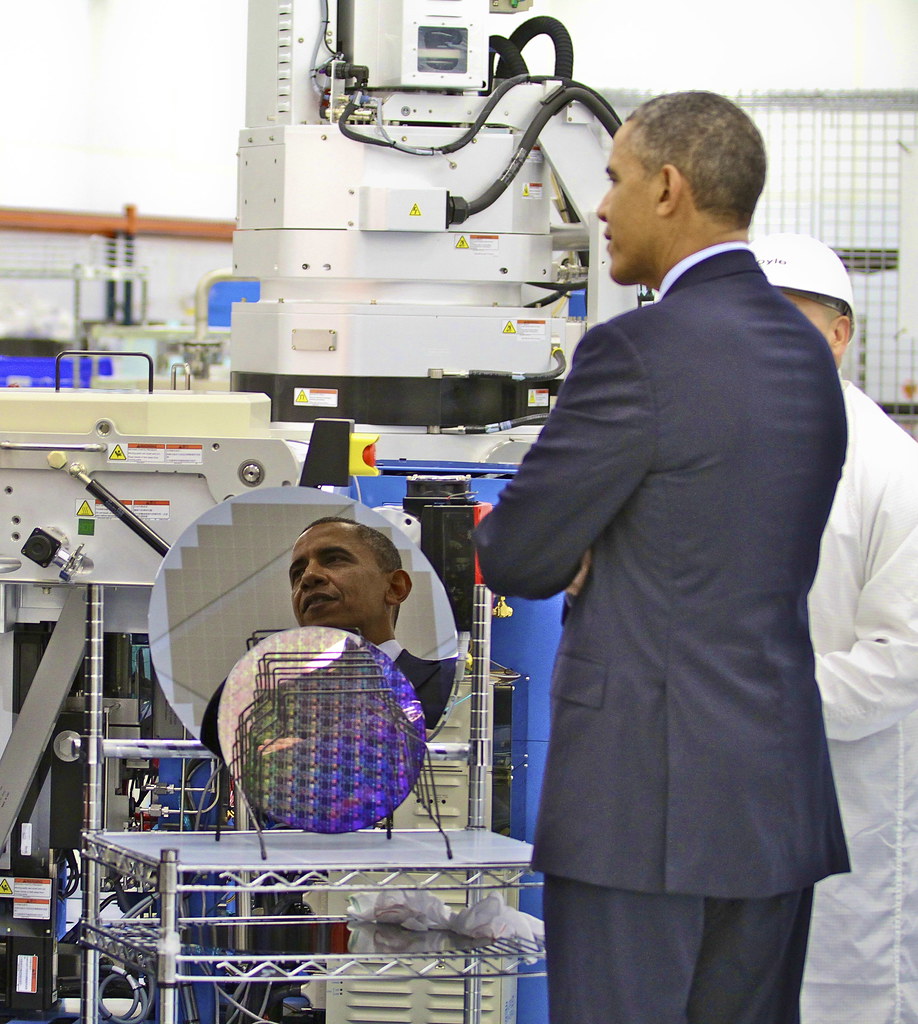
While the elimination of the de minimis exemption marks a significant step toward what some proponents describe as a more level playing field for U.S. manufacturers, industry advocates like Paul emphasize that more work remains. He urges continued focus on fully enforcing U.S. trade law and prosecuting trade crime violations, advocating for bipartisan bills such as the Protecting American Industry and Labor from International Trade Crimes Act and the Leveling the Playing Field Act 2.0.
The Protecting American Industry and Labor from International Trade Crimes Act aims to establish a Department of Justice task force specifically to investigate and prosecute trade-related crimes. Meanwhile, the Leveling the Playing Field Act 2.0 seeks to modernize U.S. trade remedy law by combating many of China’s most egregious practices, including creating a new successive anti-dumping and countervailing duty investigation targeting repeat offenders.
For consumers, the closing of the de minimis loophole also brings changes to the paperwork process. Previously, a convenience of de minimis shipments was that recipients did not need to provide a Social Security number. As of August 29, de minimis shipments from China will be reclassified as “informal entry” imports, which can be worth up to $2,500 and technically do not require a recipient’s Social Security number.
However, while Customs and Border Protection states that informal entry goods do not strictly require a Social Security number, the agency noted in January that carriers often request them because having them speeds up clearance through customs. FedEx and DHL have indicated they will not require Social Security numbers on informal entry shipments, but UPS declined to state its policy. The Postal Service will not be involved in duty collection for these postal shipments; tariffs must be collected by the carrier bringing the goods into the U.S.
Product on Amazon: Otsumami Set Japanese Treats Sake Snacks Assortment Box with 10 bags of otsumami snacks, Dehydrated Fish, shellfish, fish cakes, High Protein, authentic Japanese snacks, Adults Fun Birthday Gift
Brand: Visit the DagashiyaBox Store
Price: 39.99 USD
Rating: 3.1 Total reviews: 6
Number of Items: 10
Flavor: soy sauce
Item Weight: 400 Grams
Specialty: High Protein
Shopping on Amazon >>

The implications of this policy are far-reaching. The substantial increase in checking and collecting tariffs on millions more packages could pose a logistical challenge for carriers and Customs and Border Protection, potentially leading to some delays, though the customs agency maintains it is “uniquely positioned to implement and enforce the president’s tariffs.”
Product on Amazon: TARIFFIED Terrifying Tariffs TERRIFIED TARIFF Resist Meme T-Shirt
Brand: TARIFFIED TERRIFIED TARIFF Memes
Binding: Apparel Product Group: Apparel
Price: 19.99 USD
Shopping on Amazon >>
This executive order represents a watershed moment, fundamentally altering the economics of direct-to-consumer international e-commerce. For companies like Shein and Temu, it necessitates a radical re-evaluation of their supply chains and pricing strategies. For American consumers, particularly those in lower-income brackets, it marks the end of an era of unprecedented access to ultra-cheap goods, ushering in a period where the true cost of global trade will become increasingly evident at checkout. The landscape of online shopping, once boundless in its affordability, is now recalibrating to a new normal, one where the duties of international commerce loom large.



